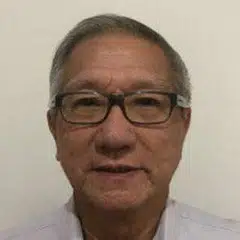
Goh Choon Kang
Former journalist and MP, Republic of Singapore
Goh Choon Kang is a former journalist. He was previously a journalist with Nanyang Siang Pau, and was also on Lianhe Zaobao's editorial committee, as well as the head of its news desk and commentary team. He was a Member of Parliament for the Republic of Singapore from 1984 to 2001.